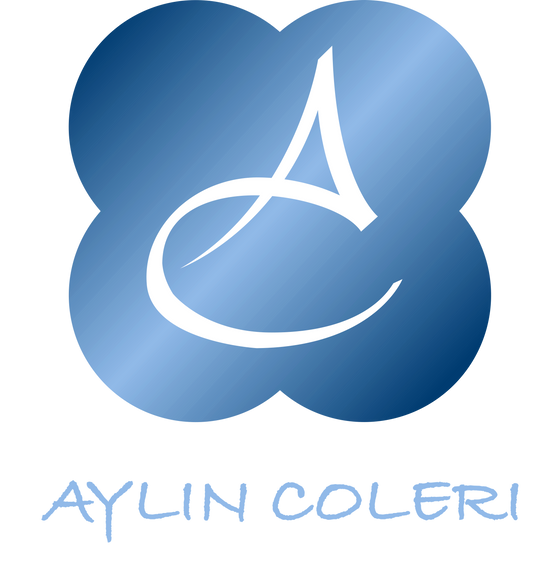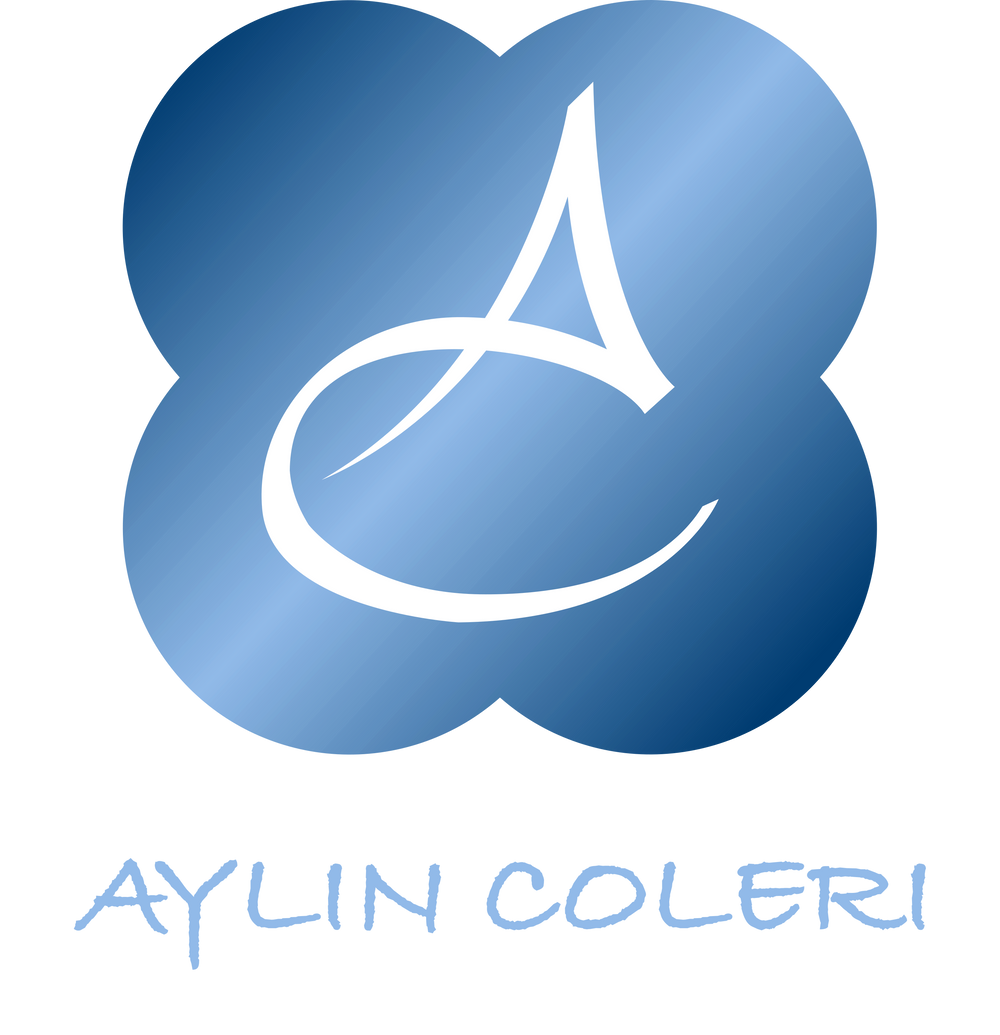Oeko-Tex® is a worldwide association of independent institutes for product safety and sustainable production in the textile industry. The standard 100 by Oeko-Tex® is used for testing and certification of textile products.
The criteria are often more strict than judicial standards, and change consecutively according to new results within medical science. Everything is tested. Zippers, buttons, sewing threads, labels, hang tags.. the list goes on! Products from Aylin Coleri are now produced and certified according to product class I – articles for babies and toddlers up to the age of three which have stricter requirements.
Materials in this group are additionally tested for color fastness and odors.
The process
The certification is both expensive and demanding. As the certification is renewed annually, it requires control in every aspect of the process. Suppliers must cooperate with subcontractors with Oeko-Tex 100 Class 1 products.
Certification
A certification is valid for 12 months, and the International Oeko-Tex Association control tests each year at least 25% of all issued certificates by performing sampling. Oeko-Tex® also controls the product once a year in collaboration with the product owner to make sure it still fulfills the requirements.
 Why choose Oeko-Tex® Products?
Why choose Oeko-Tex® Products?
You can use the products immediately, without having to wash them. Products certified with Oeko-Tex® do not contain any toxic or allergic substances. Oeko-Tex® pay close attention to development within legislation, science and organizations and act quickly according to the total amount of information. It is less likely to be harmful substances in a certified Oeko-Tex® product compared to others.
ALL OUR PRODUCTS PLANT BASE MATERIAL
COTTON; Cotton is a soft, fluffy staple fiber that grows in a boll, or protective case, around the seeds of the cotton plants of the genus Gossypium in the mallow family Malvaceae. The fiber is almost pure cellulose. Under natural conditions, the cotton bolls will increase the dispersal of the seeds.
LINEN; Linen is a textile made from the fibers of the flax plant. Linen is laborious to manufacture, but the fiber is very strong, absorbent and dries faster than cotton. Garments made of linen are valued for their exceptional coolness and freshness in hot and humid weather.
BAMBOO; The bamboos are evergreen perennial flowering plants in the subfamily Bambusoideae of the grass family Poaceae. The word "bamboo" comes from the Kannada term bambu, which was introduced to English through Indonesian and Malay.
TENCEL®; is a brand name for a fiber which is also called lyocell, manufactured by the Lenzing AG company. Technically, a fabric must contain at least 30% of these proprietary fibers in order to use the name Tencel, but the term has become more commonly used than lyocell for similar products from all sources.
Whatever it's called, Tencel or lyocell is a sustainable fabric, regenerated from wood cellulose. It is similar in hand to rayon and bamboo, both regenerated fabrics. However, Tencel is one of the most environmentally friendly regenerated fabrics, for several reasons. Tencel fibers are grown sustainably.

